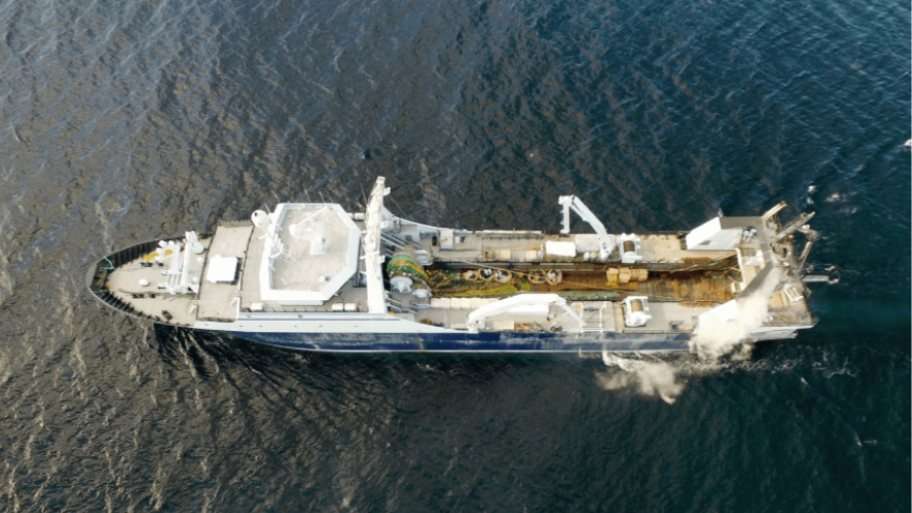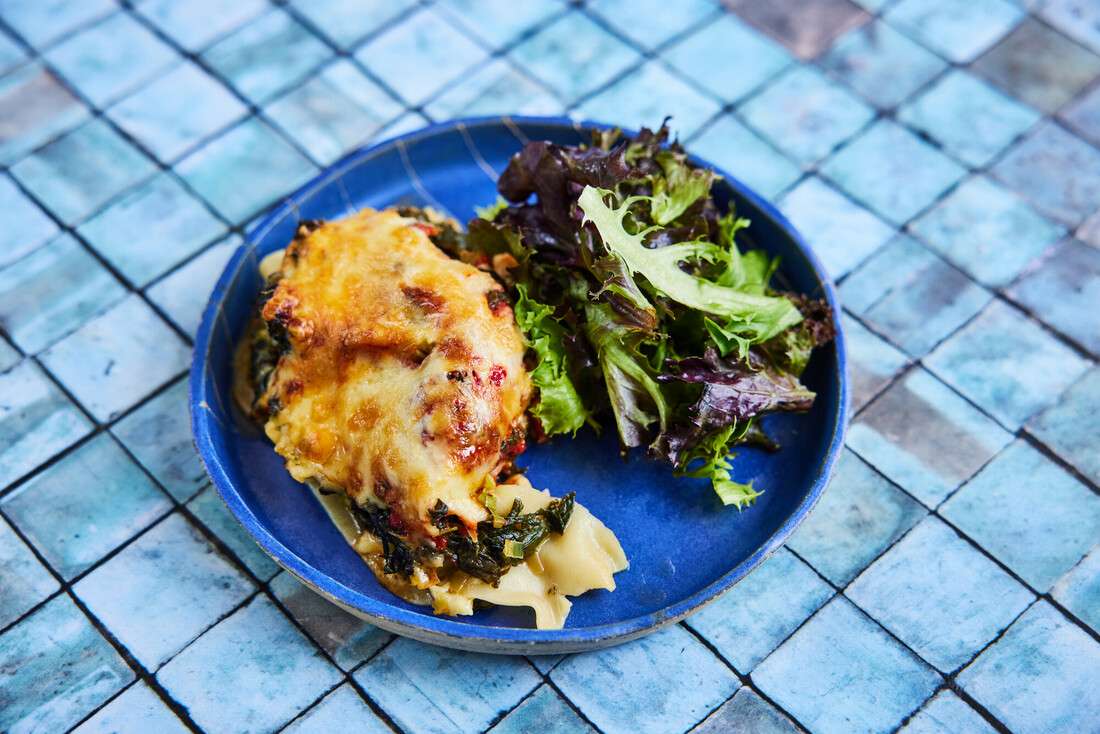Consumers are showing more and more interest in sustainably farmed fish. Although you can’t tell by looking at the fish itself, you can tell by the quality label. Learn how to check whether your fish is sustainably farmed or caught during this year’s Sustainable Seafood Week, from 23 to 29 September.
Sustainable Seafood Week is an initiative by two leading quality labels: ASC (Aquaculture Stewardship Council) and MSC (Marine Stewardship Council). MSC is an independent quality label for sustainably caught fish, while ASC as an independent quality label focusing on responsibly farmed fish. During this tenth edition of Sustainable Seafood Week, what these quality labels mean and achieve will be explained in an easy-to-understand way. This year’s ‘Check your fish’ theme aims to help consumers make a conscious and responsible choice when buying seafood. It isn’t that difficult, though. When shopping, just check whether the packaging of your favourite seafoods have an ASC or MSC label and choose them to make a positive impact on the oceans and the planet. That’s how ASC and MSC are teaming up to combat overfishing.
Did you know?
Fortunately, you often don’t have to look far to find these labels. For example, ASC and MSC products are available in 100 and 66 countries, respectively. Globally, 27,138 ASC and 20,838 MSC products are available for purchase.
On the other side of the supply chain, 19% of the marine wild fish catch is currently covered by the MSC programme along with 2,063 ASC-certified farms, worldwide. On top of that, since March 2023, more than 4,400 improvements have been made to make MSC fisheries and ASC farms even more sustainable.
Fishermen’s tales
Behind every sustainably caught fish there are passionate fishermen who venture out onto the vast waters every day. That’s why we will be putting them in the spotlight during Sustainable Seafood Week.
For example, there is the story of the Bering Sea fishermen who have been passing on their sustainable fishing methods for generations, which is how they protect the fish population. C/P Starbound guarantees the survival of Alaska pollock through the sustainable fishing technique known as the ‘Catch-Share-System.’ Upgrades to the Starbound ensure that every part of the pollock is used: from fish fillets to fish oil. This means less waste and more sustainability. Thanks to the sustainable practices adopted by fishermen, Alaska pollock can be processed fresh and responsibly, arriving on your plate straight from the ocean.

Sustainable approach rewarded
At Pittman Seafoods, we are also looking out for sustainably caught and farmed fish. So it goes without saying that we wholeheartedly support Sustainable Seafood Week. Our own sustainability efforts have not gone unnoticed. In the autumn of 2022 and 2023, we won awards at the MSC Sustainable Seafood Awards. On both occasions, we came top in the ‘Best Belgian supplier’ category. This makes choosing Pittman Seafoods products a healthy extra check if you’re looking to put sustainable and seafood on your plate.
Relive with us the joyful moment when our team received the MSC Sustainable Seafood Award last October. We won’t find out until October 16th whether we have received this prestigious award for the third year running.
> Pittman Seafoods wins the 2023 Best Belgian Supplier award! (youtube.com)

Fancy a sustainable fish lasagne with broccoli, leeks, spinach and cottage cheese?
Ingredients (4 to 6 serves)
- 750 grams MSC- or ASC-certified fish. Using fish from the frozen section for this recipe also works perfectly well. It is often cheaper and sustainable (because the fish has a short chain) as well as being every bit as tasty. You can use cod, catfish or monkfish for this recipe, or cheaper varieties such as pollack, hake, haddock or redfish.
- 250 to 300 grams frozen spinach
- 70 grams broccoli (or cauliflower)
- 1 leek
- 400 to 500 grams cottage cheese
- 1 teaspoon nutmeg
- 70 to 100 grams tomato puree
- 50 to 100 ml water
- 8 lasagne sheets (plain or green, with spinach)
- 70 gram grated (Emmental or Gruyère) cheese and Parmesan cheese (mix two types of cheese for flavour)
- 2 tablespoons (spelt) flour
- sea salt and black pepper
- oil for baking
Step 1
Preheat the oven to 180 °C. Coat the fish fillets in flour and place them in a greased oven dish. Season with salt and pepper.
Step 2
Finely chop the leeks. Cut the broccoli or cauliflower into bite-sized pieces; not too big. Defrost the spinach, squeeze out the water and chop finely. Put the vegetables in a fry pan or wok and fry briefly.
Step 3
Put the tomato puree and a little water in a pan on the stove and simmer for a while. Season with salt and pepper. Grate the nutmeg into the cottage cheese and spread it over the fish.
Step 4
Lay the lasagne sheets over the cottage cheese mix and top with the vegetable mixture.
Step 5
Cover the dish with pierced aluminium foil and place it in the oven for the first 20 minutes. Then remove and sprinkle with the grated cheese and place back into the oven, uncovered, for the remaining 20 to 25 minutes.
At which point, your healthy dose of sustainable fish will be ready!
Tip:
“If you make too much, you’ll have leftovers for the next day. They’re even tastier!”











Comments